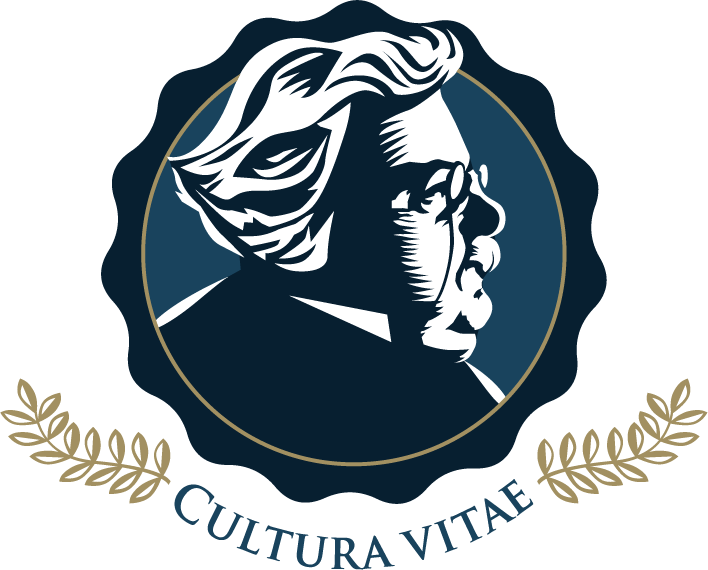God Speaks Math, Too
If you had told me I’d ever be reading books about math in my leisure time, I’d have scoffed. No way is Word Girl ever going to get a grip on math! But, I finally realized math actually is the language God seems to speak when he’s creating wonders of nature and laws of physics and music of the planets instead of sitting ‘round heaven’s bonfire telling stories.
I still don’t ‘speak math’ fluently, but I’m interested enough to wish I could understand it, and have invested in enough math-for-laymen books to appreciate that there actually is a story arc to the development of mathematics. I’ve, by now, worked three sets of homeschoolers through Jacobs’ Geometry course, done all the constructions in Michael Schneider’s Beginner’s Guide to Constructing the Universe, read Stratford Caldecott’s awe-inspiring Beauty for Truth’s Sake, and begun my own Holy Geometry Project.
I’m an amateur – I love this stuff as a dawber loves the art gallery: from afar, without enough training, childishly – nay, even naively. It’s growing on me, and I am growing in math, but that’s another story. Meanwhile, enter Alex Bellos’ 2014 book, The Grapes of Math.
Those following the progress of my book, Souls at Play, will see why Bellos had me sold on page 1:
The ha-ha! in the case of a joke and the aha! in the case of math describe the same experience, and this is one of the reasons why understanding mathematics can be so enjoyable and addictive. Like the funniest punch lines, the finest theorems reveal something you are not expecting. They present a new idea, a new perspective. With jokes, you laugh. With math, you gasp in awe.
He seems, in fact, to have planted several just-for-Charlotte bits: mentioning the Sabbath cycle with respect, likewise Gaudi and his catenary arches, waxing eloquent on the wonders of triangles and fractals, and admitting that math is beautiful and mind-blowing. (All that without a nod to the Creator, whose language it is, but such is life…) Be still, my heart!
Bellos even went a long way toward getting Euler’s Identity into my brain – not that I fully understand it, but I’m pretty excited that it “cleanly unites the five most important numbers in math: 1, the first counting number; 0, the abstraction of nothing; pi, the ratio of a circle’s circumference to its diameter; e, the exponential constant; and i, the square root of minus one. Each number emerges from a different area of inquiry, yet they unite with perfection. You couldn’t have predicted a more immaculate synthesis of mathematical thought. …No other equation is as concise or as deep.” Wow!
My family is tired of hearing me go on about the infinitesimal that makes calculus possible, and the quarter-power laws that hold true everywhere in the world of animal biology. Speaking of power laws, light is beginning to dawn on me about the coolness of logarithms. Just three more things, and then I’ll shut up about it:
One mathematician has an equation that is so beautiful to him he studies [her] with love and devotion.
There are math concepts only a handful of people in the world understand. (Fundamental Lemma in the theory of automorphic forms, anybody?? Even Bellos admits he hasn’t a clue to this award-winning concept!)
The Leibniz cookie (rectangular butter cookie…mmmm) was named after the Father of Calculus.
Aw…now, if that doesn’t humanize mathematics, I don’t know what does.

